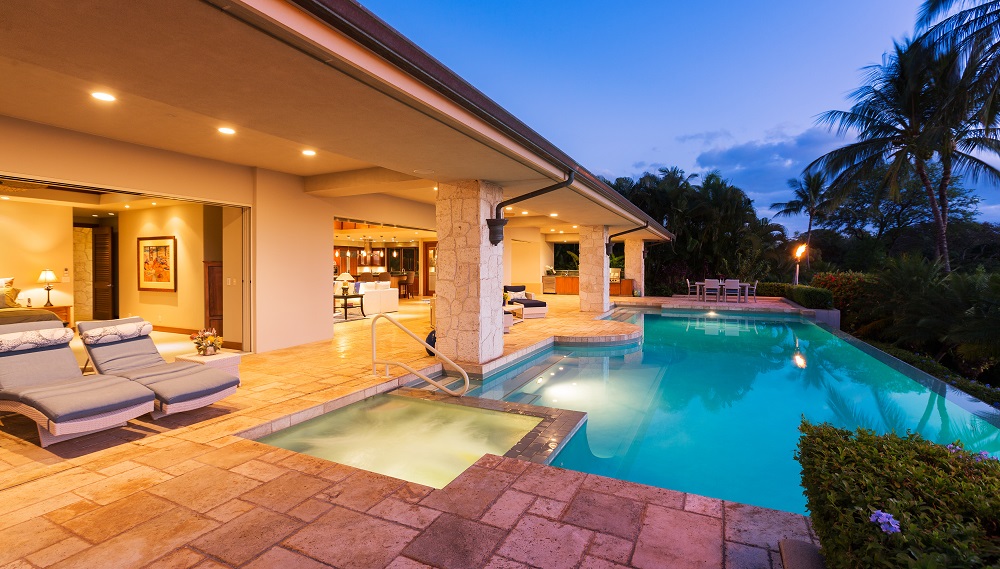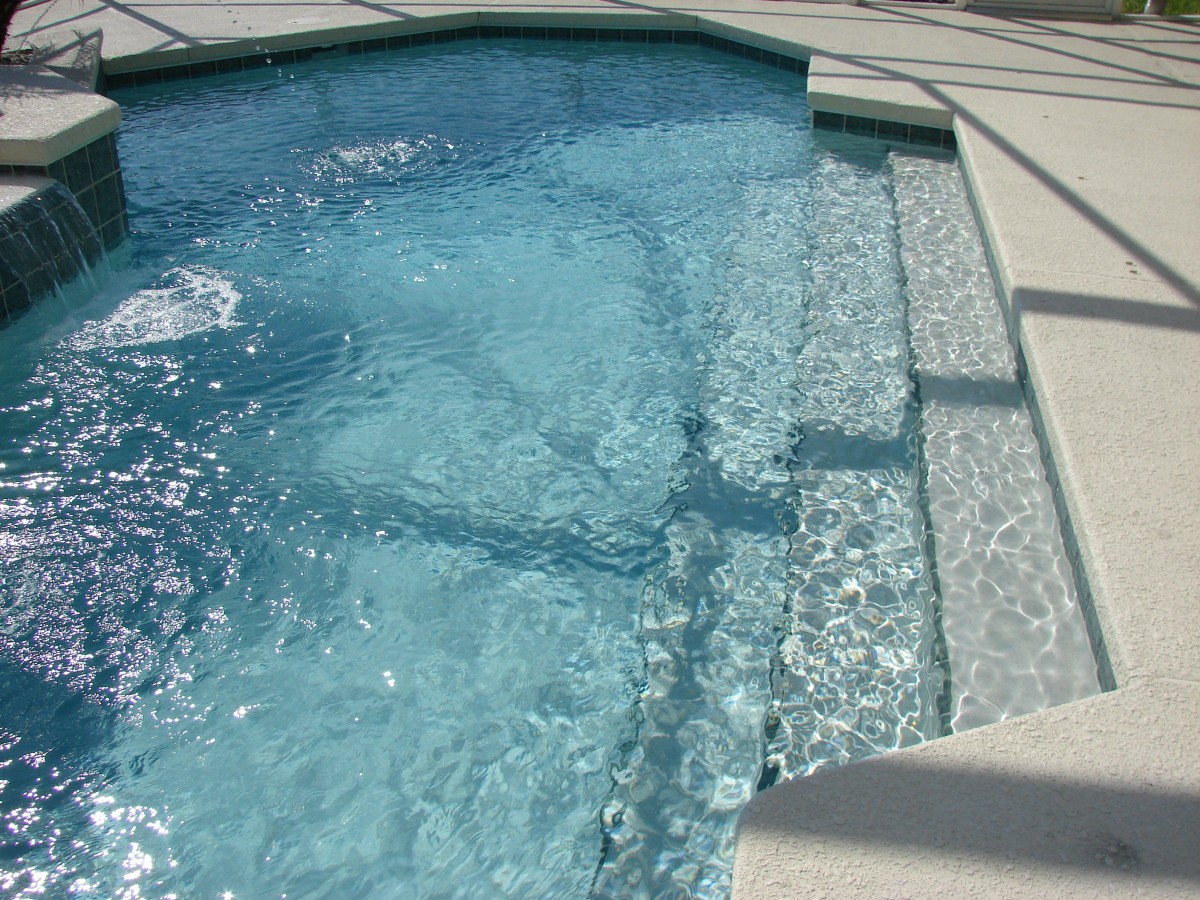Pool installation in your backyard can be a great addition to your home, but it takes time to do it right. Here are a few things you should keep in mind.
Convenience
Adding a swimming pool to your backyard can add both comfort and convenience. Pools add value to homes in warmer climates and add appeal to homes in tropical areas. Pools also add value to rental properties.
Installing a pool is a big project. It requires a lot of planning. You need to research the pros and cons of pool installation pool, as well as how much it will cost to install it. You will also need to talk to your insurance representative to make sure you are protected.
Swimming pools are a great addition to any home. They add value to your home and increase your social worth. They also give you the opportunity to relax and entertain.
The cost of installing a pool can range from a few thousand dollars to tens of thousands of dollars. The cost will depend on the size of your pool, the location of the pool, and the type of pool you choose.

Poll Installation Costs
Getting an above-ground pool installed can be expensive. It can cost between $800 and $5,000 for materials. A pool may also require excavation, leveling the ground, and clearing tree stumps.
A pool can be a fun addition to your backyard. If you have a family, a pool can be a great way to spend time together. It can also increase the value of your home. However, it is important to weigh the costs of installing a pool against the actual value of the pool itself.
The cost of installing a pool depends on the type of pool you choose. Typically, an in-ground pool is more durable and has a longer lifespan. However, the cost of an in-ground pool is also higher. This is because of the excavation process, which involves heavy equipment. The excavation process will add $200 to $2,000 to your project.
Size and shape limitations
Whether you are looking for pool installation, spa pool installation, or any other type of pool, the size and shape limitations of a pool are important considerations. The size of a pool is usually dependent on the area you have available for its construction. It is also a personal choice. For example, if you plan to swim in the pool, you should get a pool with a longer length. It is also important to consider how deep the diving board and water slide will be. You also need to consider your budget.
There are many pool designs to choose from. You can decide on a classic shape or choose a freeform one. The cost will depend on the size of the pool and the features you would like to include.
Maintenance and repairs
Whether you’re building a new pool or remodeling your existing one, you’ll need to take care of the maintenance and repairs that will keep your swimming pool safe and clean. You can avoid surprises by sticking to a schedule for your pool maintenance and repairs.
You should also have a regular inspection of your pool equipment. This will allow you to identify any potential problems before they cause extensive damage to your pool. You can also use a certified pool inspector to perform this inspection.
You should also maintain a proper pH level in your pool. Your pH level is important in preventing pool-damaging algae from growing. If your pH level is too low, you may need to add a pH balancer.
You should also vacuum the pool on a regular basis. This will remove any debris and keep your pool looking clean.
Home Value
Adding a pool to your home may be a great idea if you live in a hot climate. It may also increase the value of your home. However, if you are considering installing a pool in your backyard, you should know that it is a relatively expensive and time-consuming endeavor.
A pool can be a good way to entertain your guests. However, it is also a great way to detract from the value of your home. This is especially true if your pool is not well maintained.
The addition of a swimming pool to your home can increase its value by as much as 7%. However, it’s not something that everyone wants. Some people may not want to pay the ongoing maintenance costs of owning a pool.

